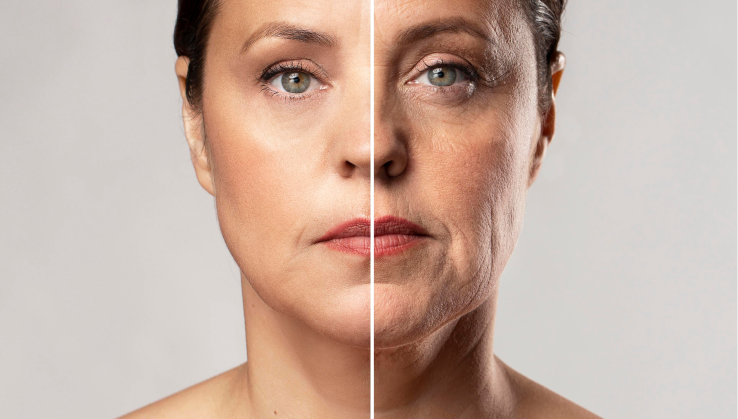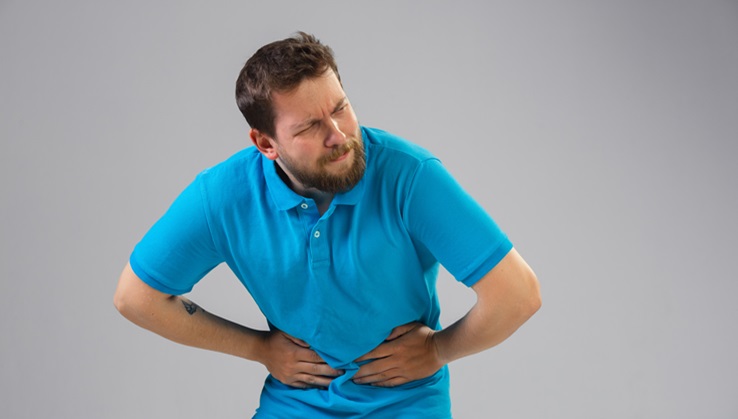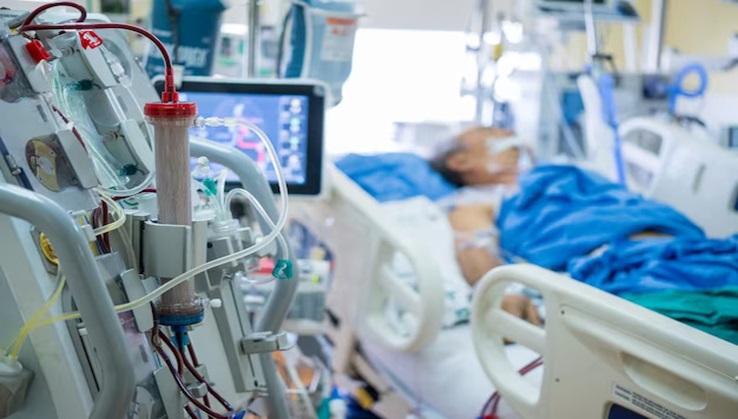Introduction
Aging is a natural and inevitable part of life. As we age, our bodies undergo numerous changes, both visible and internal. Many of these changes are linked to hormonal fluctuations. Hormones play a crucial role in regulating various bodily functions, and as they shift with age, they can have a profound impact on the aging process. In this article, we will explore the connection between hormones and aging, understanding how these changes influence our health, appearance, and overall well-being.
The Role of Hormones in the Body
Hormones are chemical messengers produced by endocrine glands, and they play a vital role in regulating and coordinating numerous bodily functions. These functions include metabolism, growth, mood, sexual development, immune response, and more. Some of the key hormones that influence aging include:
- Estrogen: A predominantly female hormone, estrogen plays a significant role in reproductive health and bone density maintenance.
- Testosterone: The primary male hormone, testosterone, is essential for male sexual development and maintaining muscle mass and bone density.
- Growth Hormone: This hormone is responsible for growth and cell regeneration. It also influences muscle and bone strength, as well as overall body composition.
- Thyroid Hormones: Thyroid hormones regulate metabolism and energy expenditure. Changes in thyroid function can impact weight and energy levels.
- Cortisol: Cortisol, often called the "stress hormone," helps the body manage stress, but chronic stress can lead to an overproduction of cortisol, affecting various bodily functions.
- Insulin: Insulin is crucial for regulating blood sugar levels. Insulin resistance can lead to type 2 diabetes, which is more common with age.
Hormonal Changes During Aging
As we age, several hormonal changes occur:
- Menopause: Menopause is a significant hormonal milestone for women. It marks the end of the reproductive years and a sharp decline in estrogen and progesterone levels, leading to various symptoms such as hot flashes, mood swings, and changes in bone density.
- Andropause: In men, a gradual decrease in testosterone levels occurs, often referred to as andropause. This decline can result in changes in muscle mass, energy levels, and sexual function.
- Growth Hormone Decline: The production of growth hormone diminishes with age, leading to reduced muscle mass, increased body fat, and changes in skin and hair quality.
- Thyroid Function: Thyroid function may slow down with age, leading to a drop in metabolic rate and potential weight gain.
- Cortisol Fluctuations: Chronic stress can lead to fluctuations in cortisol levels, potentially affecting immune function, blood pressure, and weight.
Hormonal Changes During Aging
As we age, several hormonal changes occur:- Menopause:Menopause is a significant hormonal milestone for women. It marks the end of the reproductive years and a sharp decline in estrogen and progesterone levels, leading to various symptoms such as hot flashes, mood swings, and changes in bone density.
- Andropause: In men, a gradual decrease in testosterone levels occurs, often referred to as andropause. This decline can result in changes in muscle mass, energy levels, and sexual function.
- Growth Hormone Decline: The production of growth hormone diminishes with age, leading to reduced muscle mass, increased body fat, and changes in skin and hair quality.
- Thyroid Function: Thyroid function may slow down with age, leading to a drop in metabolic rate and potential weight gain.
- Cortisol Fluctuations: Chronic stress can lead to fluctuations in cortisol levels, potentially affecting immune function, blood pressure, and weight.
How Hormonal Changes Impact Aging
The hormonal changes that occur with aging can have a significant impact on various aspects of the aging process, including:- Physical Appearance: Hormonal changes can lead to changes in skin quality, hair thinning, and weight gain.
- Muscle Mass and Strength: Decreased growth hormone and testosterone levels can result in reduced muscle mass and strength.
- Bone Health: Hormonal changes, particularly the decline in estrogen, can lead to decreased bone density and an increased risk of osteoporosis.
- Metabolism: Alterations in thyroid hormones and insulin resistance can affect metabolism and lead to weight gain.
- Mood and Mental Health: Hormonal fluctuations can influence mood, leading to symptoms like anxiety, depression, and irritability.
Managing Hormonal Changes in Aging
While hormonal changes are a natural part of aging, there are steps that individuals can take to manage these changes and promote healthy aging:- Balanced Diet: Eating a well-balanced diet can support overall health and manage weight changes.
- Regular Exercise: Engaging in regular physical activity can help maintain muscle mass and bone density.
- Hormone Replacement Therapy: In some cases, hormone replacement therapy may be recommended to alleviate specific symptoms associated with hormonal imbalances.
- Stress Management: Learning stress management techniques can help reduce cortisol fluctuations and promote mental well-being.
- Regular Health Check-ups: Staying vigilant with regular check-ups can help identify and address hormonal changes or imbalances promptly.
Conclusion
Hormones play a vital role in regulating our bodily functions, and as we age, their fluctuations can have a profound impact on the aging process. While hormonal changes are a natural part of growing older, understanding these shifts and taking steps to manage them can help individuals age more gracefully and maintain a higher quality of life. By promoting overall health and addressing specific hormonal imbalances when necessary, individuals can navigate the aging process with greater well-being and vitality.
.pdf%20300X60%20PX-02-02.svg)



